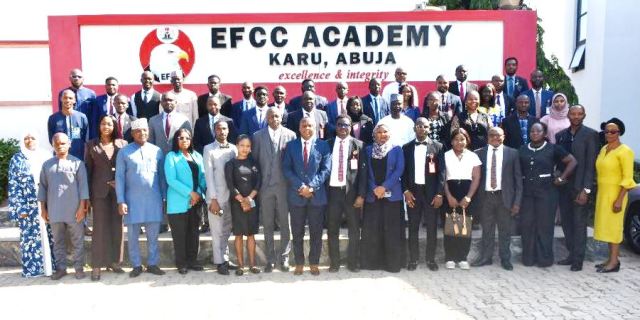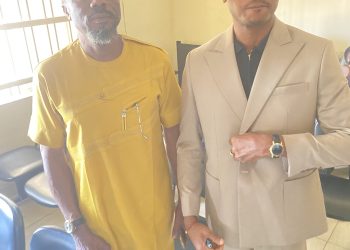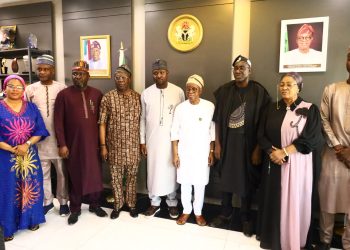By Nkechi Eze
The Economic and Financial Crimes Commission (EFCC) has opened a three-day intensive capacity-building workshop for law enforcement and regulatory agencies across the country, aimed at boosting Nigeria’s effectiveness in combating money laundering, terrorism financing, and other complex financial crimes.
In an official signed statement, the Commission’s spokesperson, Dele Oyewale, disclosed that the workshop was formally declared open on Tuesday, November 25, 2025, by the Executive Chairman of the EFCC, Mr. Ola Olukoyede, at the EFCC Academy in Karu, Abuja.
Represented by the Commandant of the EFCC Academy, Assistant Commander of the EFCC (ACE I) Joseph Ogwiji, Olukoyede emphasised the Commission’s unwavering commitment to deepening inter-agency collaboration in the fight against illicit financial flows. He noted that the programme comes at a strategic moment, as Nigeria steps up efforts to strengthen its response mechanisms in line with the nation’s risk profile and ongoing global compliance evaluations.
“Financial crimes are becoming increasingly sophisticated, transnational and technologically driven. These crimes undermine our economy, weaken institutions and threaten national security. Therefore, building the capacity of frontline officers is not just necessary but essential for improving the effectiveness of our national anti-money laundering and counter-terrorism financing regime,” he said.
Olukoyede urged participants to maximise the platform to enhance synergy, intelligence-sharing, and coordinated enforcement of Anti-Money Laundering (AML) and Countering Financing of Terrorism (CFT) laws. He maintained that Nigeria must continue to demonstrate measurable progress in technical compliance and operational effectiveness, particularly as preparations intensify ahead of the country’s third round of mutual evaluation.
According to the statement, participants drawn from multiple law enforcement, intelligence, and regulatory organisations will undergo rigorous sessions covering a wide spectrum of AML/CFT enforcement modules. These include the identification, investigation and prosecution of various types of money laundering, application of special investigative techniques, use of financial intelligence, preservation and transmission of evidence, and procedures for tracing, seizure and confiscation of criminal assets. Emerging trends in financial crime detection and enforcement will also be explored.
In his remarks, ACE I Joseph Ogwiji reiterated that effective AML/CFT enforcement demands diligence, professionalism and continuous skill enhancement among all agencies entrusted with safeguarding Nigeria’s financial integrity. He applauded the participating institutions for their sustained collaboration, stressing that the collective strength of Nigeria’s law enforcement community remains the nation’s most effective weapon against financial crimes.
The workshop will run through the week, featuring presentations and technical sessions by subject-matter experts in financial intelligence and asset recovery. Participants were drawn from the EFCC, Nigeria Financial Intelligence Unit (NFIU), Nigeria Police Force, Ministry of Justice, National Drug Law Enforcement Agency (NDLEA), Independent Corrupt Practices and Other Related Offences Commission (ICPC) and the Nigeria Customs Service.














